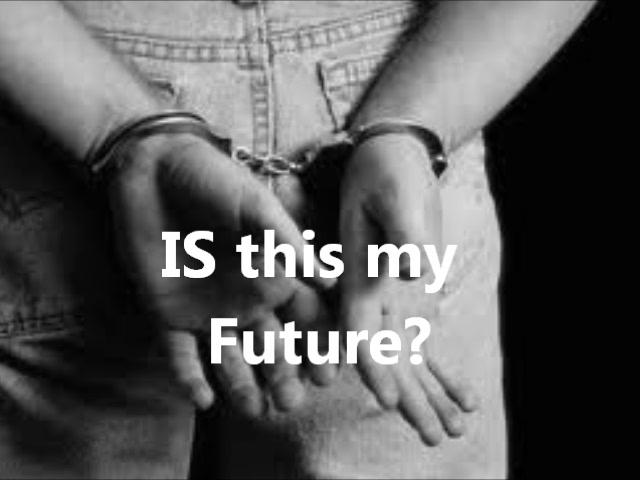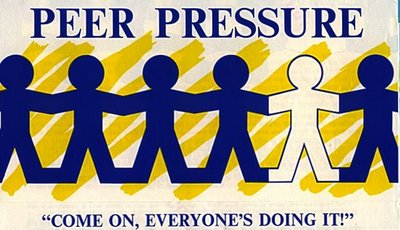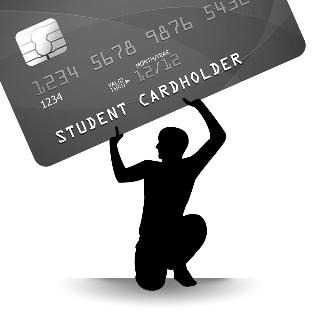This article on student credit cards is the first of many on teaching teen’s responsibility. Written by parents for parents.
One of the debates raging right now regarding teenagers centers around teen credit cards. While some insist that teen credit cards can help teach important money management skills, others say that teen credit cards do little more than get teenagers used to the idea of using plastic to pay for items.
What are teen credit cards?
Teen credit cards are actually “prepaid” or “secure” credit cards. They aren’t true credit cards in the sense that they belong only to a teenager and are open and revolving lines of credit. Instead, programs like Visa Buxx and MasterCard Allow, are designed so that the only money teenagers can spend is money that is already on the card.
Here’s how it works: You sign up for the account. You are on the account, as well as your teenager. You begin with an initial deposit that serves as the “limit.” Every month “payments” are made, increasing what is available on the card (or simply replacing the money that is spent).
The best practice, from the standpoint of teaching money management to teens, is to have the teenager make the “payments” and keep track of his or her spending. This can help teens get a better idea of how much money they are spending, and get used to the idea that even though they are using a credit card, they still have to pay for what they spend.
It is important to impress upon teenagers the importance of keeping track of what is spent on these cards. Overages can result in fees. Once fees are assessed, another “payment” adding money to the account won’t be worth as much, since fees are deducted as soon as the account gets back in the black. Personal finance software or a ledger can help your teenager keep track of expenses and update balances. Make sure you show your teenager how to balance the statement at the end of each month, and explain the importance of this action.
Opening one of these types of accounts in your teenager’s name can help him or her build credit, offering a head start in life.
Adding your teenager to your credit card account
Another option in teen credit cards is to add your teenager as an “authorized user” to your credit card account. This will give the teenager his or her own credit card to use, but it is in your name. This allows you to see exactly where the money is going.
In order to ensure that your teenager is learning money management skills, many experts suggest that you let your teenager know how much was spent each month, and have him or her pay for that portion. You might even consider figuring the amount of interest that your teen’s purchases accrue. Be sure to go through everything with your teenager so that he or she sees that spending money on a student credit card results in interest charges beyond what is originally spent. Explain that using credit to buy things is like getting a loan, and that it costs money to borrow money.
It is important to note that with new rules from Fair Isaac, an “authorized user” no longer gains the same credit score status as it used to. This means that adding a teenager to your credit card probably won’t help him or her build credit particularly well.
Opening a new credit card account for your teenager
It is important to note that technically, debt cannot be offered to someone under the age of 18. This means that teenagers should not have their own credit card. Teen credit cards get around this by using the “prepaid” and “secured” credit cards, as well as by having parents as the primary borrowers.
If you want to open a credit card account for your teenager, you will have to open with you as the primary borrower. Even if the teen makes the payments on the credit card, it is still technically yours. However, in such cases it is possible for your teen to begin building credit. A credit card account opened in this manner is very similar to co-signing on a loan. You will get copies of all the statements, and you can watch for irresponsible behavior, such as missing payments.
Teaching teens to use credit cards responsibly
Teen credit cards can be great tools in helping teach money management. If opened correctly, they can also help your teenager begin building credit. However, it is important to stress appropriate use of credit cards. Watch carefully. If your teenager misses a payment, it is a good idea to revoke credit card privileges. You also need to make sure that your teenager is exposed to the very real consequences of interest, and the fact that credit cards aren’t “free money.”
If your teen or young adult has a job then you can help them build credit in college or high school and learn some basic finance skills. In a world were good credit is becoming more and more important you can help your young adult become qualified to purchase a home at a younger age as well as life-long skills.
Ideas on how to teach your child about credit by allowing them to use a college student credit card:
1. Keep the credit card limit to $250 or $500.
2. Make sure they understand they must pay the bill.
3. Show them expense tracking and budgeting.
4. Eliminate bad cash spending habits.
5. Set rules for spending (what is ok to buy).
6. Explain the fees, interest, and grace period.
7. Pay-off credit card balance each month.
Finding the best student credit card:
- No annual fee credit card
- 0% Intro period
- Points, Miles, or other rewards
While teaching your young adult good spending habits and financial responsibility make sure to discuss the dangers of too much credit. This would include: over-extension, debt accumulation, credit scoring and how it works, and the problems with debt at a high rate of interest.
Use your good judgement on deciding if a college student credit card is right for your young adult or teen. It may be too early to transfer such responsibility, but the sooner you discuss these types of things the better off you’ll be in the long run.
* See the online credit card application for details about terms and conditions. Reasonable efforts are made to maintain accurate information. However all credit card information is presented without warranty. When you click on the “Apply Now” button, you can review the credit card terms and conditions on credit card issuers website.



